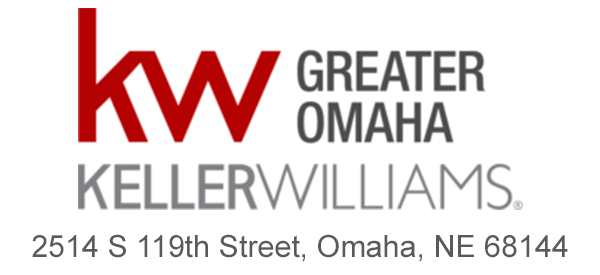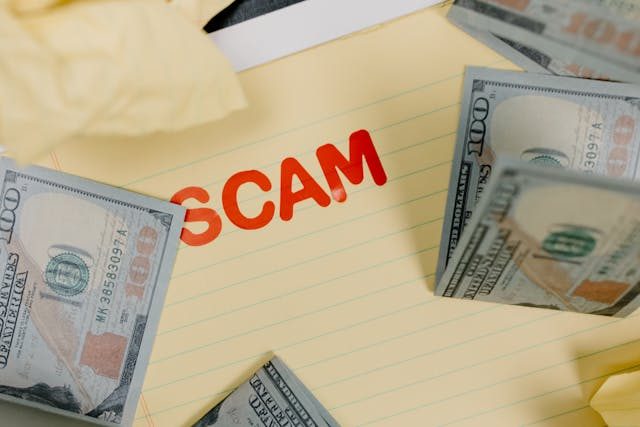In an increasingly interconnected world, the specter of financial fraud looms large, casting a shadow over the convenience and accessibility of modern financial systems. The sophistication of fraudulent schemes in Council Bluffs and around the world has evolved, making it imperative for individuals to be ever-vigilant and informed. This blog delves deeper into the nuances of telephone scams, identity theft, and mortgage fraud, providing you with the knowledge to spot and prevent these deceptive practices effectively.
Telephone Scams: A Closer Look at Vishing
Vishing, or voice phishing, is a form of telephone scam that leverages the human element to extract sensitive information or money from victims. These scams often employ a sense of urgency or authority to intimidate or coerce individuals into compliance. For instance, scammers may impersonate government officials, tech support, or financial institutions to create a facade of legitimacy.
- To counter these tactics, it’s essential to recognize the common characteristics of vishing calls:
- High-pressure tactics: Scammers will often insist on immediate action, creating a false sense of urgency to bypass your better judgment.
- Requests for secrecy: If you’re instructed to keep the conversation a secret, it’s a red flag. Legitimate organizations have no need for such secrecy.
- Unverified personal details: Scammers may provide some correct information about you to gain your trust, but this is often obtained from public records or previous breaches.
- Payment demands: Be wary of any requests for payment, especially if they ask for unconventional methods like gift cards or wire transfers.
Identity Theft: Beyond the Basics
Identity theft extends far beyond the unauthorized use of credit cards. It can encompass medical identity theft, where perpetrators use your identity to receive medical care, or tax identity theft, where fraudsters file tax returns in your name to claim refunds.
Protective measures include:
- Regular monitoring: Keep a close eye on your credit reports and financial statements. Early detection of discrepancies can prevent extensive damage.
- Digital hygiene: Update your software regularly, use robust antivirus programs, and be cautious with the information you share online.
- Physical security: Secure your personal documents, especially when traveling or in public spaces. A stolen wallet can lead to more than just lost cash.
Mortgage Fraud
Mortgage fraud can be committed by individuals seeking to manipulate the system for personal gain or by professionals within the industry exploiting their position. It’s not just about lying on an application; it can also involve inflated appraisals, kickbacks, or identity theft to secure a loan.
To safeguard against mortgage fraud:
- Due diligence: Research thoroughly before engaging in any mortgage-related transactions. This includes vetting lenders, agents, and other parties involved.
- Professional advice: Consult with independent legal and financial advisors to ensure that all aspects of the transaction are legitimate and in your best interest.
- Documentation: Maintain meticulous records of all communications and documents related to your mortgage transactions.
Empowerment Through Education
The fight against financial fraud is ongoing, and education remains a powerful tool in this battle. By understanding the tactics used by scammers and taking proactive steps to protect your information, you can build a formidable defense against these threats. Remember, vigilance and knowledge are your best allies in safeguarding your financial well-being.
What type of real estate assistance are you looking for in 2024? Planning is crucial for both buyers and sellers. If you plan to buy, sell, or invest this year, let’s schedule a time to talk soon.

